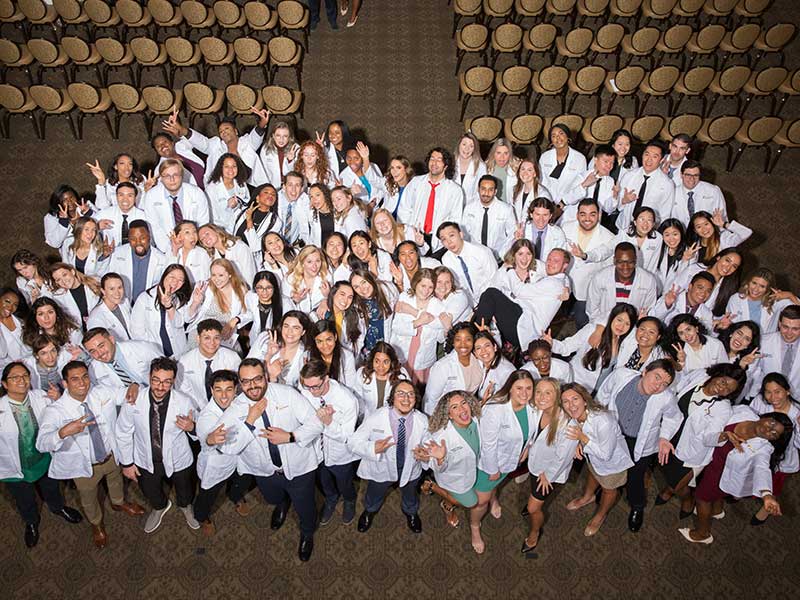How to become a pharmacist
July 13, 2024

Exploring the Pharmacy Profession
- Learn more about the profession and various pharmacy career pathways by visiting the Pharmacy Is Right For Me site, information curated by the Pharmacy Career Information Council, a collaboration of national pharmacy organizations.
- Identify two to three pharmacy schools of interest using the PharmCAS school directory.
- Visit your selected pharmacy schools’ admissions websites to learn more about their doctor of pharmacy (Pharm.D.) program and application requirements. Learn more about VCU School of Pharmacy’s Pharm.D. program.
- While completing prerequisites, consider volunteering with a pharmacy, shadowing a professional pharmacist or working as a licensed pharmacy technician. Although VCU School of Pharmacy does not require pharmacy-related experience, demonstrating community engagement is beneficial for your application.
Preparing for Pharmacy School Applications
- Create a list of application requirements including prerequisite coursework requirements.
- Explore alternative admissions pathways like guaranteed admission or pharmacy immersion opportunities like VCU’s P.A.T.H.S. (Promoting Access To Health Sciences) program.
- Schedule an appointment with your selected pharmacy schools to meet their admissions representative, learn more about their Pharm.D. programs and confirm the application requirements.
- Register for prerequisite coursework at an accredited two- or four-year institution.
- All applicants to VCU School of Pharmacy must complete, at minimum, 52 semester hours (78 quarter hours) of prerequisite coursework; this will take at least two years to complete. Download our prerequisite checklist.
- Attend an open house or info session to meet students and faculty at the schools you’re interested in to learn more about their program and school culture.
- After completing 50% of prerequisite courses, schedule an appointment with your selected pharmacy schools to get advice on completing your application.
Navigating the Application and Interview Process
- Visit the PharmCAS website to learn more about the online application process used by all schools of pharmacy.
- After completing 75% of prerequisite courses, begin your pharmacy school application on the PharmCAS website and submit all supplemental materials.
- Review of your application begins after you have submitted a completed application and it has been verified by PharmCAS.
- If you are considered a compelling and qualified applicant, you will be invited to complete a pharmacy school interview. All qualified applicants must complete an interview to gain admission to pharmacy school.
- Pharmacy school interviews differ at each institution. At VCU School of Pharmacy, interviews are scheduled in the fall and spring semesters on select Saturdays. Interview offers are extended via phone, so be sure your voicemail is set up.
- During an interview, you can expect to meet Pharm.D. students, alumni and faculty, complete multiple interviews, tour the campus and complete an onsite writing assignment.
- After the interview is completed, an admissions decision is made.
Completing your Pharm.D. and Licensure
- Once admitted to the Pharm.D. program, you will complete your training within three or four years depending on your school’s curriculum. VCU School of Pharmacy’s Pharm.D. program is a four-year program.
- After completing all necessary coursework for your pharmacy degree, all Pharm.D. students are required to complete the pharmacist licensure exam (NAPLEX), a state law exam and all state board requirements.
- Once you’ve passed the licensure exam (NAPLEX), state law exam and have met state board requirements, you are able to legally practice pharmacy.